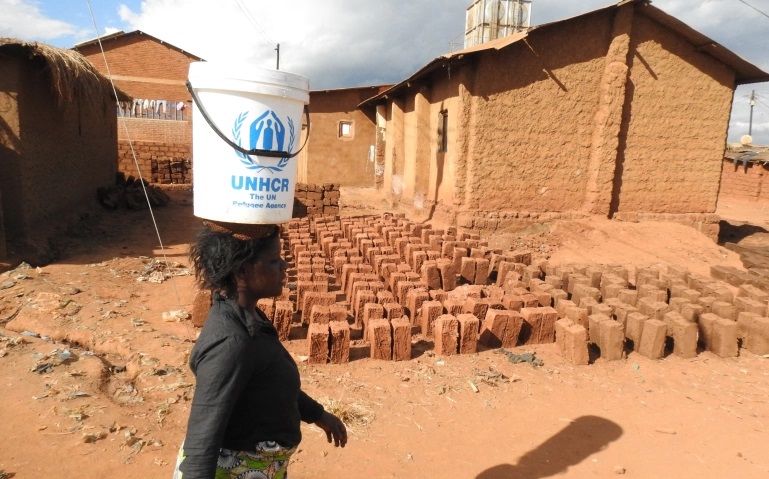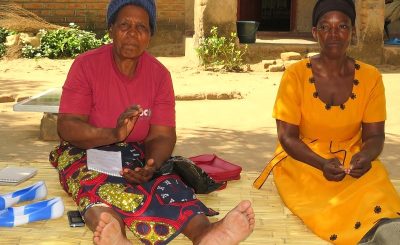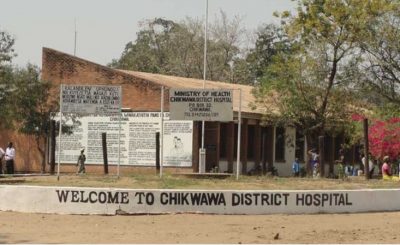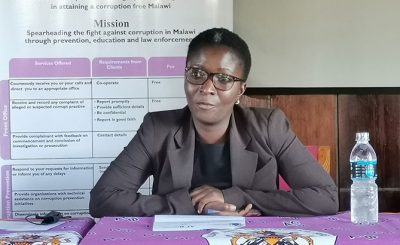Dzaleka Refugee Camp, located in Dowa District about 41 kilometers from Malawi’s capital, Lilongwe, is home to over 57,000 refugees who have fled genocide, violence, and war in countries such as Burundi, Rwanda, Somalia, Ethiopia, and the Democratic Republic of Congo (DRC).
Originally designed to host between 10,000 and 12,000 asylum seekers, the camp now faces immense challenges due to overcrowding and stretched resources.
Established in 1994 by the Malawi Government in collaboration with the United Nations High Commissioner for Refugees (UNHCR), Dzaleka has relied heavily on humanitarian support.
For many years, the World Food Programme (WFP) provided monthly cash assistance of $17 per person to help refugees purchase food. However, this changed in February when the funds were slashed by 50% due to a global funding shortfall.
Simon Denhere, Acting Country Director for WFP Malawi, says the cutback highlights the seriousness of the organization’s funding challenges, driven by mounting global conflicts that have diverted donor attention away from Dzaleka’s long-standing needs.
Denhere warns that unless additional funds are secured, food assistance may not continue beyond May 2025. The consequences could be dire—including increased malnutrition among children and rising crime levels.
Joyce Wamuyu, a community leader for Rwandan refugees in the camp, echoes Denhere’s concerns. She says the reduction in support poses a serious threat to their survival, especially since most refugees are not permitted to work.
To mitigate the impact of reduced aid, camp authorities are encouraging refugees to grow their own food.
Elton Phulusa, the camp administrator, says the district agriculture office is supplying farm inputs, but warns that without stable funding, the initiative is at risk of collapse.
WFP remains uncertain whether the program will extend beyond May. Nonetheless, the organization is working with the Malawi Government, UNHCR, and other partners to explore sustainable solutions. It is currently seeking $10.7 million to continue supporting the camp’s population until December 2025.
Ivy Chihana, Deputy Commissioner for Refugees in the Ministry of Homeland Security, says the government may consider revising its Encampment Policy to allow refugees to work outside the camp. However, she acknowledges that such a policy shift would take time.
Meanwhile, the Human Rights Consultative Committee (HRCC) has expressed skepticism over Malawi’s capacity to continue supporting the refugees.
HRCC Executive Director Robert Mkwezalamba argues that instead of revising the encampment policy, the government should engage United Nations bodies to assess conditions in the refugees’ home countries and facilitate their safe return.
With aid dwindling and opinions divided, one pressing question remains: What lies ahead for the thousands at Dzaleka? Will they find a lifeline—or be forced back into the unknown?





